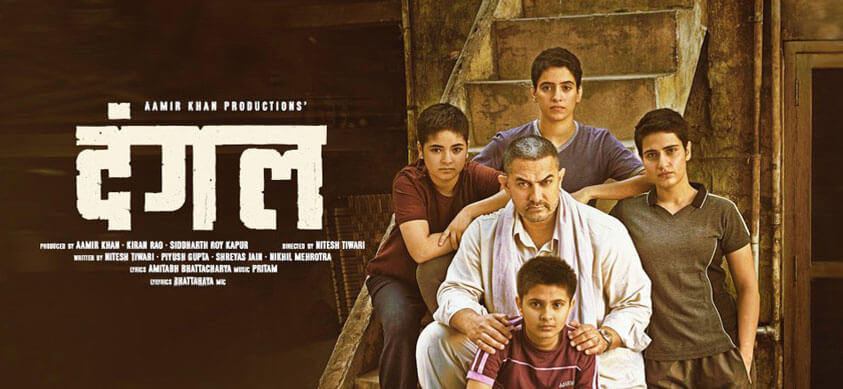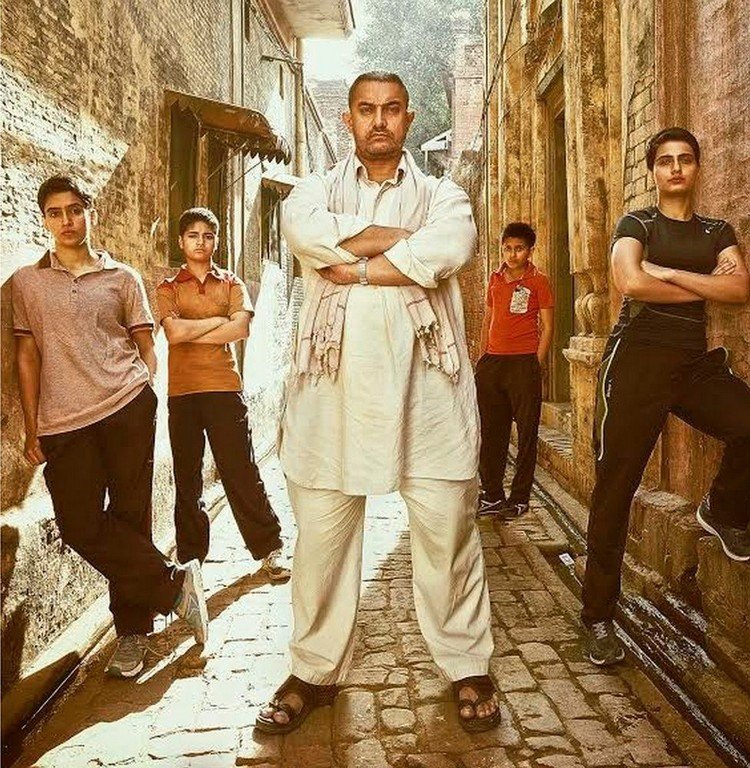

“In both cases, people are clearly upset about certain things but this is organised into a mass movement that’s misguided and exploited for power. According to the actor, it is a kind of an “ideological and political opposition” to cancel culture. For example, boycotting ‘Gangubai’ didn’t affect its collection, on the contrary it might have accidentally boosted it,” he says.ĭevaiah, however, also finds the boycott culture as “exaggerated, aggressive and nauseating as cancel culture”. “If a film is good, the trailer and poster and songs connect with the public, (then) it’ll have its fair run at at box office. Gulshan Devaiah is in agreement with trade voices, as the actor feels a good movie will always find its audience, irrespective of any campaign against it. He feels the anti-Bollywood narrative is indeed strong, but not powerful enough to damage a good film.Īlso Read: | Sky-rocketing star fees, low box office returns: Amid a spate of flops, Bollywood needs content correction Trade expert Taran Adarsh shares with that one “cannot turn a blind eye” to the current situation. With this trend, they want to prove that they’re so powerful that if they call for a boycott of a certain film, it’ll flop. “Boycott is done by those who anyway don’t watch films in theaters. Bansal says because Bollywood has so far released subpar films, people are confused if the movies bombed “because of the boycott calls or because of bad content”. Films are affected by not boycott-which today we can say can just affect a film’s business maximum by five percent-but poor quality content,” Rajasthan-based distributor Raj Bansal tell.

It’s very simple: If people find a film entertaining, nothing can stop it. Unsurprisingly, soon after his comments, Madhya Pradesh minister Dr Narottam Mishra slammed Arjun and said he should focus on his acting rather than “threatening” the audience.Ī post shared by Bhansali Productions was backlash against Alia Bhatt too during Gangubai but the film still worked. We need to come together and do something about it because what people write about us or the hashtags that trend, are far away from reality,” he said. “We made a mistake by thinking that our work will speak for ourselves…I guess we tolerated it a lot and now people have made this a habit. It gave you two years of no film releases, no spokesperson to state facts, in an environment that was muddied with negativity on a daily basis.”Īctor Arjun Kapoor during an interview with Bollywood Hungama also regretted that the industry “made a mistake by being silent” about the negative campaigns against it. “Pandemic had made audience oversensitive, and the social media negativity further added fuel to fire. “It was a systematic dismantling of one of India’s most influential soft power – Hindi film industry, headlined by the Khans.
Free download dangal movie in hindi tv#
Industry’s largely unified silence - barring a statement from the producers association (IMPPA) and a defamation suit against certain TV channels and media portals alleging malicious reportage - hurt its reputation further and was received as part arrogance, part admission of guilt.Īlso Read: | Bollywood and the boycott campaign: How long will film biggies remain silent?Īn industry insider, on the condition of anonymity, says it’s this negativity spread across two years with no fact-check from Bollywood that has made the boycott calls today feel “more intense”. They were labelled drug addicts, murderers and a cunning bunch of immoral, anti-nationals. His sudden demise gave birth to uncountable conspiracy theories, vicious media coverage, rampant misinformation that put members of the Hindi film industry directly under attack.

The following year, Aamir headlined Dangal and broke all existing box office records, becoming one of the biggest hits of Indian cinema with nearly Rs 387 crore lifetime collection.īut industry’s course took a turn for the worse in 2020, when actor Sushant Singh Rajput was found dead at his home. Shah Rukh managed to glide his Dilwale–which released just a month after his comments–to nearly Rs 140 cr despite poor reviews and clash with a superior film, Bajirao Mastani. The hate, however, never dented their films. The Khans were whipped up in the political storm and faced extreme backlash from various sections. (Photo: PR handouts)Īny understanding of what several industry insiders have called the “systemic” targeting of Bollywood in the last decade dates back to 2015, when Aamir Khan and Shah Rukh Khan came under fire for their comments on the rising intolerance in the country. All major Hindi films this year have come under attack, either for old statements of the stars or an issue with the movie’s narrative choices.


 0 kommentar(er)
0 kommentar(er)
